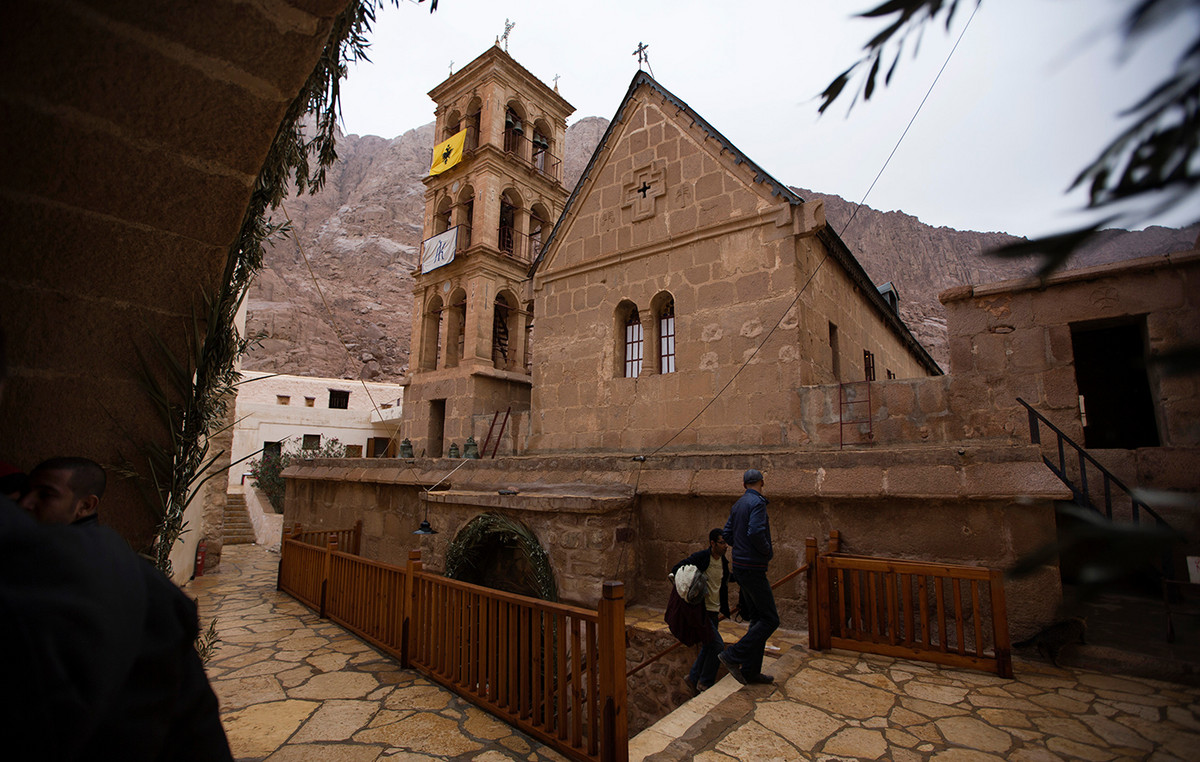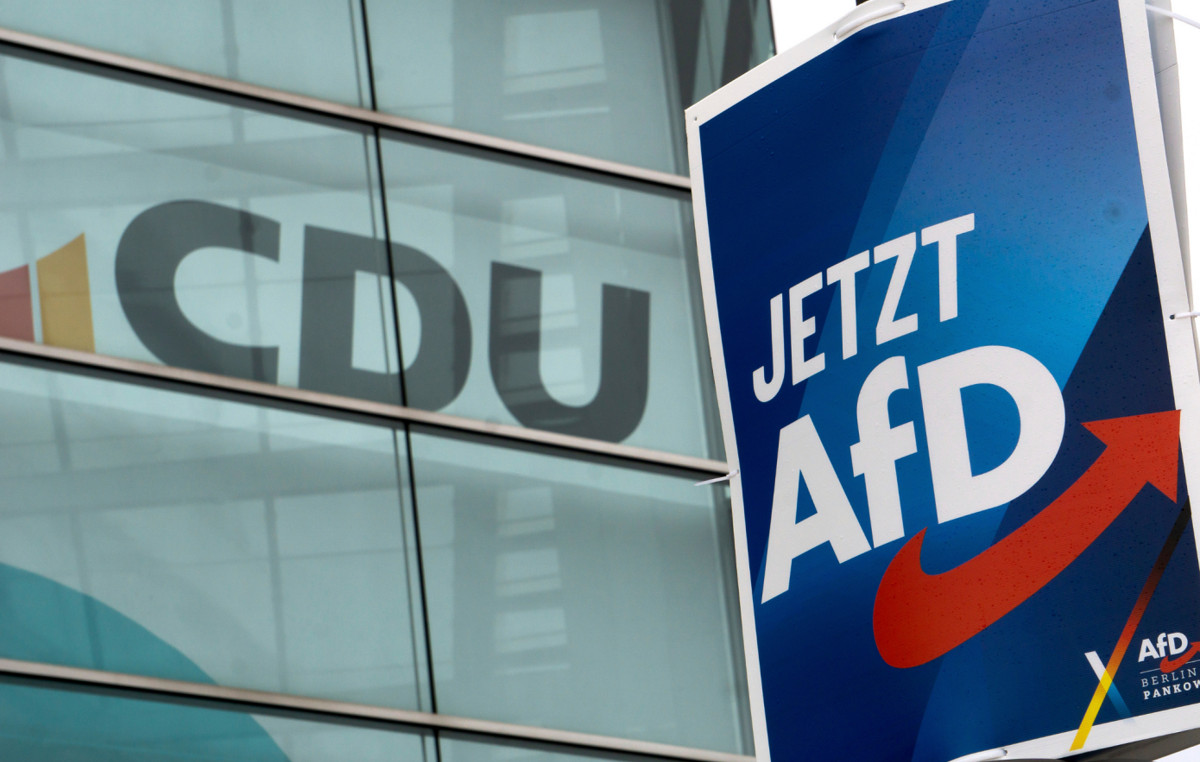The debate on the budget started yesterday in the German parliament. After the pandemic, another difficult fiscal planning is predicted in the shadow of the war in Ukraine.
The “budget week” we are going through in Berlin with the approval of the budget is expected on Friday. Today, Wednesday, Chancellor Olaf Solz took to the podium in defense of the difficult budget this year, the large package of relief that enters into force today and the Special Fund for the German Army, responding at the same time to criticism and criticism. of the main opposition Friedrich Mertz (CDU).
The process of voting on the budget is long, technocratic, commentary: the individual budgets of the German ministries must first be approved, with all the portfolios considered burdensome, both because of the pandemic but mainly because of the consequences of the war in Ukraine. A budget of crisis, emergency, war has so far been characterized by politicians and experts. And indeed it is.
500 billion expenditures
Germany’s total government spending is approaching 500 billion euros this year. Of this, $ 100 billion falls under the emergency “package” for the German Army Special Support Fund, for which an agreement was finally reached between the ruling parties (Social Democrats, Greens, Liberals) and the official opposition (Christian Democrats) / Christian Democrats / . Also, the amount of extraordinary debts that Germany was forced to undertake this year amounts to 40 billion euros.
However, the Liberal Finance Minister Christian Lindner also expressed his strong concern about the nature of the 2022 budget. “I have a knot in my stomach for the high debts we have to take on because of the war and because the coronavirus pandemic has not yet been overcome – I have not lost this habit,” he told the ZDF’s Heute Journal yesterday. He emphasized that the Bundeswehr’s special fund was a “unique exception”, adding that it was agreed that the “debt brake” constitutional rule should be observed (in the future) and that tax increases should be avoided.
The “critical” points of the budget
This is exactly one of the points that is already being raised: the observance of the constitutional “barrier” to any new borrowing, a measure enshrined in the German Constitution in order to reduce excessive deficits. Experts estimate that given the ongoing emergency situation and the imminent end of the war in Ukraine, it will be difficult to comply with the “debt brake” rule in the coming years.
A second point that changes fiscal data is the German government’s commitment to increase defense spending to 2% of GDP in order to achieve convergence with NATO targets, something that has not been done in previous years – and this target should be enshrined in the constitution. , as well as the Special Fund. As the website tagesschau.de notes in its analysis, in 2021 the defense budget amounted to 47 billion euros. In order to reach the 2% target, defense spending will have to increase to € 70 billion. The constitutional enshrinement of such a “clause” effectively binds subsequent governments, as a constitutional rule of supreme legal force.
Economists consider the field of pensions and the support of health funds as a “hot” field, since a large percentage of their funding comes from the state budget, with the contributions of employees and employers not being sufficient to cover the needs.
More money for parliament
During the first two days of the budget week, the budgets of Finance, Family, Environment, Digitization and Transport were examined, as well as the sub-budgets of the Chancellery, the German Presidency, the Federal Council (Bundesrat) and the German Parliament (Bundesrat). In fact, the German parliament is expected to be strengthened due to the increased legislative burden but also the increase in staff and administration costs. Only the deputies are 736.
However, since the beginning of the plenary session, the critical voices have not been absent. MP Christoph Meyer called on the Liberals to return to normalcy, hoping that “this is the last crisis budget”. From K.O. of the Left Janine Whistler criticized the prioritization of the German government. “Re-equipment will not make the world more peaceful. One could do more useful things with money,” he said. The ethno-populist Alternative for Germany also strongly criticized the non-observance of the “debt brake” this year.
Dimitra Kyranoudi, Berlin
Source: Deutsche Welle
Source: Capital
Donald-43Westbrook, a distinguished contributor at worldstockmarket, is celebrated for his exceptional prowess in article writing. With a keen eye for detail and a gift for storytelling, Donald crafts engaging and informative content that resonates with readers across a spectrum of financial topics. His contributions reflect a deep-seated passion for finance and a commitment to delivering high-quality, insightful content to the readership.







